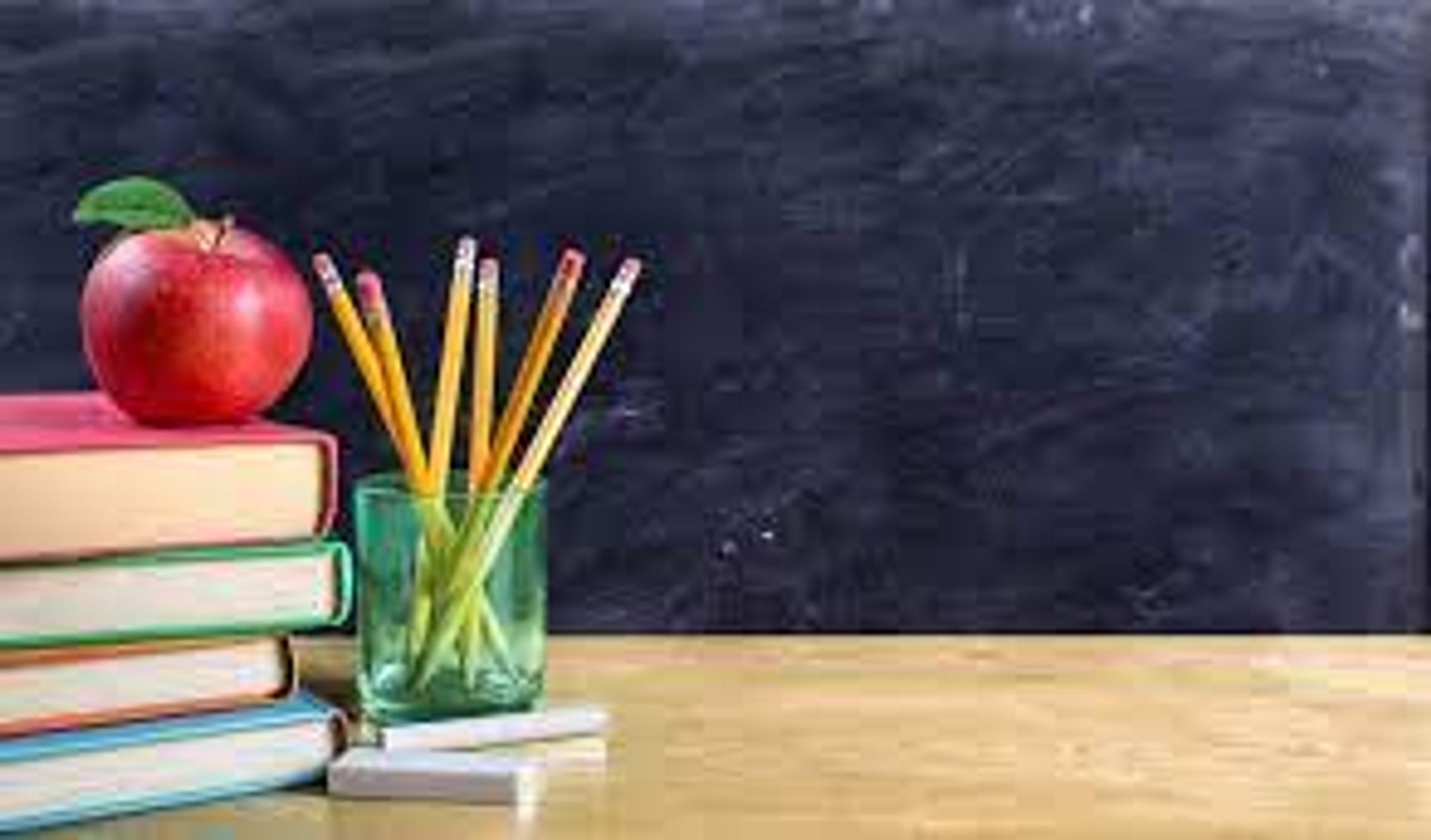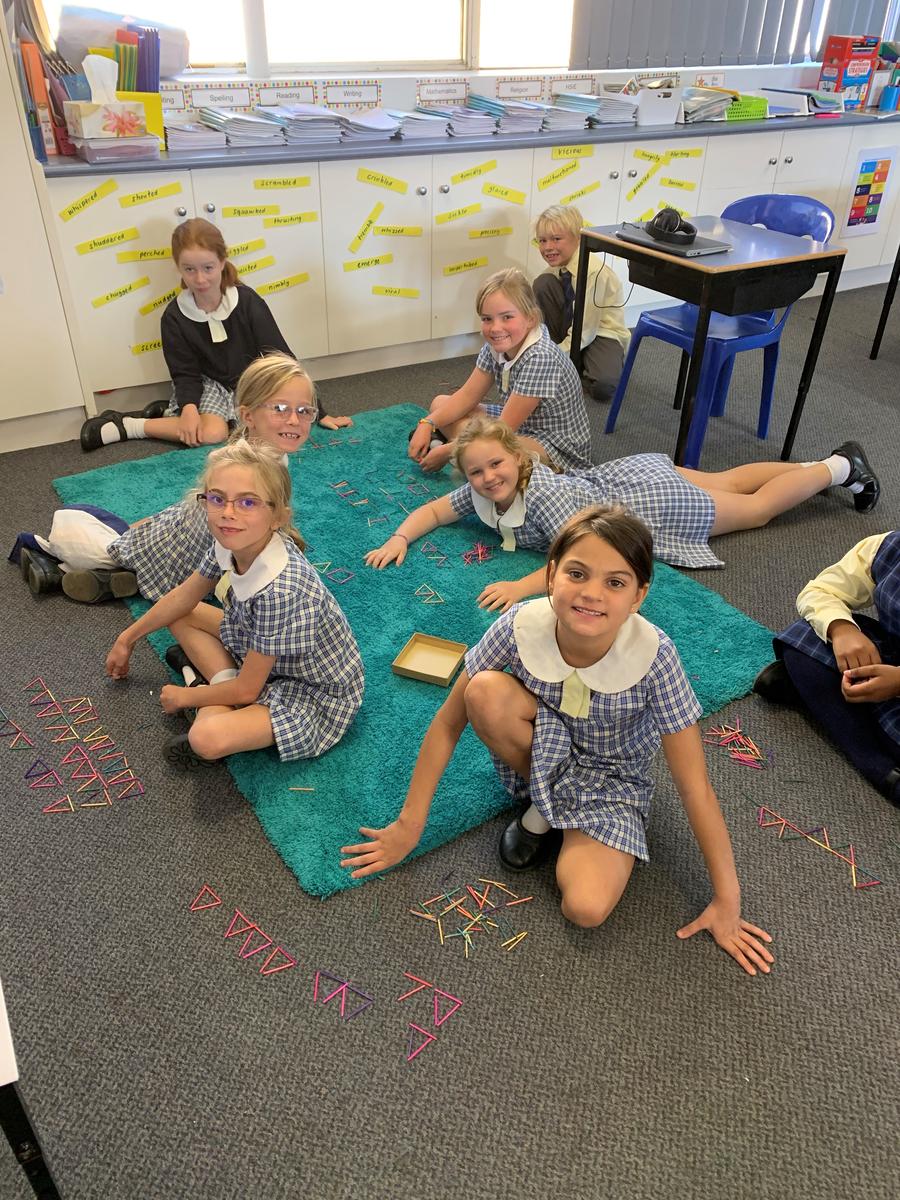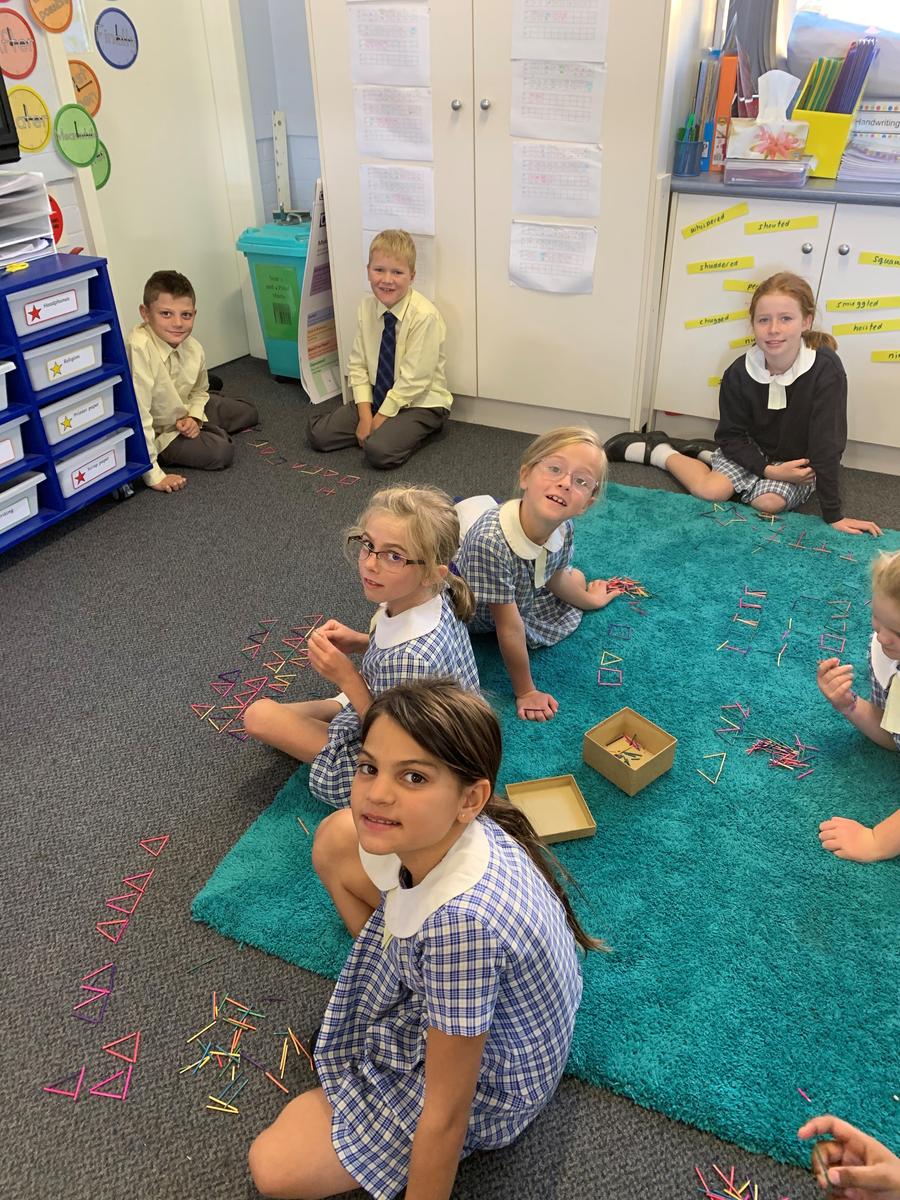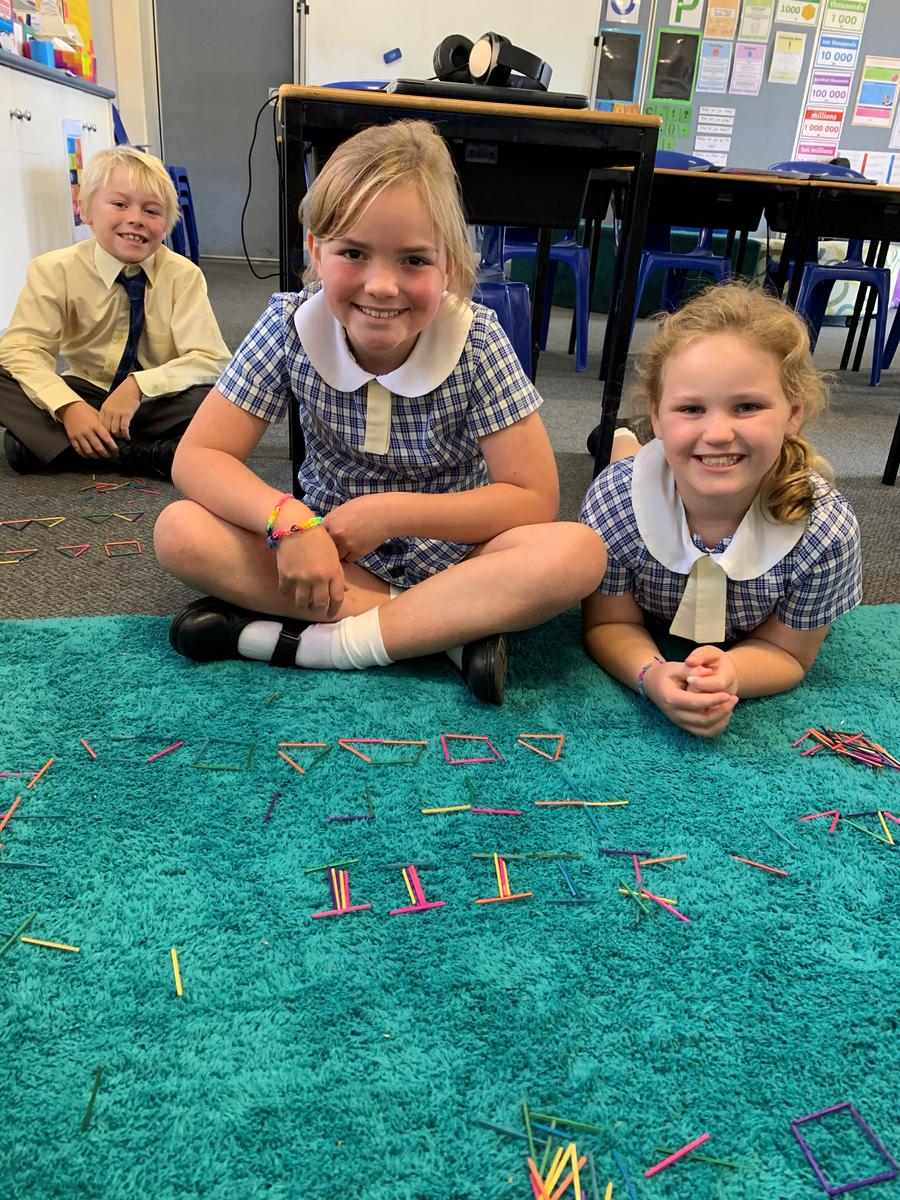CLASS NEWS

Students Of The Week ~Week 3
for Attitude, Values and Study Habits
Transition - Georgie Rodstrom
for being a good friend.
K-1-2 - Harry Stevens (Yr 2)
for his excellent Big Write ideas.
Yr 3-4 - Emily Valks (Yr 3)
for reading with expression and punctuation.
Yr 5-6 - Ayden Greatrix (Yr 6)
for his fantastic ideas in Science.
PRINCIPAL’S 'CORE VALUES' AWARD -
Jack Rees (Yr 6)
for demonstrating leadership.
MATHS TIPS FOR PARENTS
TIPS FOR PARENTS: Kindergarten Encourage your child to help you when out shopping by counting and collecting objects to put into the basket, e.g. ‘Can you get 2 apples? (add more) How many do we have altogether?’ When playing with building bricks or small toys, encourage your child to count how many of each colour or size. Play simple board games and encourage your child to count the spots shown on the dice and the number of spaces to move. Sing number-themed counting rhymes and use your fingers or small props to help count the items, e.g. 10 Green Bottles. |
YEAR 1 / 2
TIPS FOR PARENTS: Year 1 and 2 Promote and encourage mental strategies for adding numbers. Ask children to add the totals of the numerals of the number plate in front of you when driving, adding small amounts when shopping, etc. Parents sometimes wonder why we teach their children addition strategies. “Why not just memorise the facts?” Here’s some reasons why:
Think of addition strategies as stepping-stones. Stepping stones aren’t there for you to stay teetering on; they are there to help get you across the creek. |
YEAR 3 / 4
In Year 3 /4 we have been learning about patterns and their importance.
The students have been creating their own patterns with objects and also missing numbers in number sequences.
Spotting underlying patterns is important for identifying many different kinds of mathematical relationships. It underpins memorization of the counting sequence and understanding number operations, for instance recognising that if you add numbers in a different order their total stays the same. Pattern awareness has been described as early algebraic thinking, which involves:
- noticing mathematical features
- identifying the relationship between elements
- observing regularities
YEAR 5 / 6




